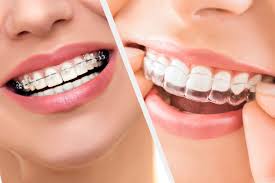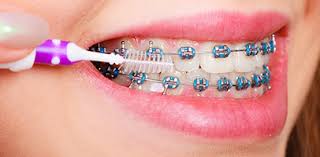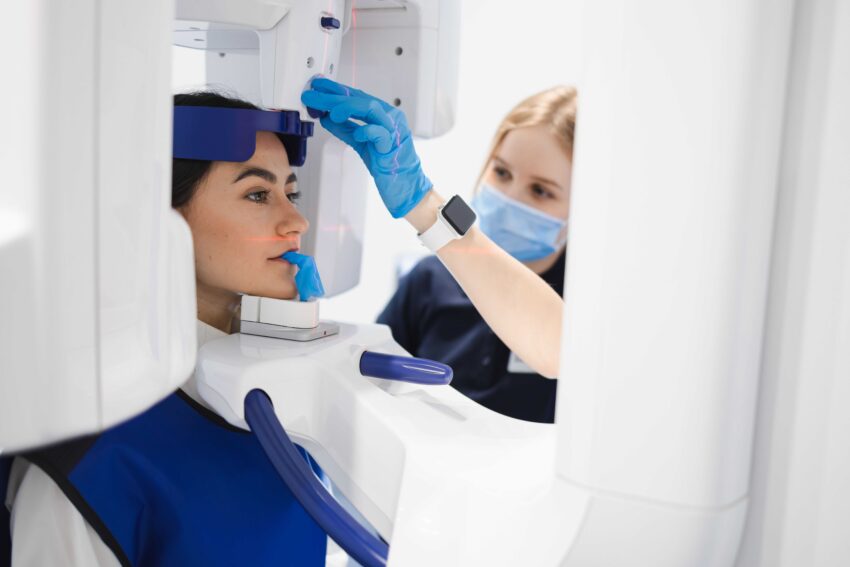Saskatoon – Stephenson Orthodontics
Starting orthodontic treatment can be exciting but also a bit overwhelming. Whether you’re considering braces, Invisalign, or other orthodontic options, it’s important to have a clear understanding of the process, expected outcomes, and how it will impact your daily life. Asking the right questions during your consultation can help you feel informed, confident, and ready to embark on your smile journey.
Here are the top 10 questions to ask your orthodontist before starting treatment.
1. What Treatment Options Are Available for Me?
Orthodontics is no longer limited to just traditional metal braces. Depending on your needs, your orthodontist may offer Invisalign, ceramic braces, lingual braces, or other options. Ask which treatments are best suited to your dental issues and lifestyle, and be sure to discuss the pros and cons of each option.
Key takeaway: Ensure you understand the benefits and limitations of each treatment option, and which is most suitable for your situation.

2. How Long Will My Treatment Take?
Treatment times can vary significantly depending on the complexity of your case and the type of treatment. Some patients may only need six months of treatment, while others may require two years or more. Your orthodontist will be able to provide a rough estimate based on your initial exam.
Key takeaway: Knowing the expected treatment time helps you plan ahead and set realistic expectations.
3. What Will the Cost of My Treatment Be?
Orthodontic treatment is an investment in your smile, and costs can vary based on factors like treatment type and duration. Ask your orthodontist for a breakdown of the cost and if there are any payment plan options. It’s also important to check if your insurance covers orthodontic treatment or if the practice offers financing.
Key takeaway: Understanding the financial commitment helps you plan your budget and ensure there are no surprise costs.
4. How Often Will I Need to Visit the Office?
Regular check-ups are essential during orthodontic treatment to ensure everything is progressing as planned. Ask your orthodontist how frequently you’ll need to come in for adjustments or assessments, and if there are flexible appointment times that fit your schedule.
Key takeaway: Knowing the frequency of office visits helps you plan your schedule and minimize disruptions to your routine.
5. Will I Need to Make Any Lifestyle Changes During Treatment?
Certain treatments, such as traditional braces, may require dietary adjustments or extra care when brushing and flossing. Clear aligners like Invisalign offer more flexibility, but they still need to be worn consistently. Ask about any lifestyle changes you may need to make to ensure the best results.
Key takeaway: Be prepared for any changes in your daily habits, such as avoiding certain foods or increasing oral hygiene efforts.

6. What Results Can I Expect from This Treatment?
Before starting treatment, it’s important to have a clear picture of the expected outcome. Your orthodontist may show you before-and-after examples of similar cases, which can give you an idea of how your smile will change. Be sure to ask if there are any limitations to what the treatment can achieve.
Key takeaway: Having a realistic expectation of your final results helps you stay motivated throughout the treatment process.
7. How Will Orthodontic Treatment Affect My Daily Life?
Orthodontic treatment can impact your daily routine, especially if you need to wear appliances like elastics or if braces cause discomfort at times. Discuss how your treatment might affect activities such as eating, sports, music, or public speaking, and what to do if issues arise.
Key takeaway: Understanding how treatment may temporarily affect your lifestyle helps you prepare and manage any inconveniences.
8. Are There Any Risks or Complications Associated with My Treatment?
As with any medical treatment, orthodontic procedures come with potential risks. While complications are rare, it’s important to ask about possible side effects, such as tooth decay from improper cleaning, discomfort, or even tooth movement relapse. Your orthodontist can explain how to minimize these risks.
Key takeaway: Being informed about risks allows you to take the necessary steps to ensure a smooth treatment experience.
9. What Happens If I Miss an Appointment or Break My Appliance?
Life happens, and sometimes things like missed appointments or broken brackets are inevitable. Ask your orthodontist how they handle such situations. Will missing an appointment delay your treatment? What should you do if your appliance breaks or causes discomfort?
Key takeaway: Knowing what to do in case of unexpected issues will help you avoid treatment delays or complications.
10. What Will Happen After My Treatment Ends?
Orthodontic treatment doesn’t end when the braces come off or the aligners are done. Retention is a crucial phase to maintain your new smile. Ask your orthodontist about retainers—how often you’ll need to wear them, whether they’re removable or fixed, and how they’ll ensure that your teeth stay in their new positions.
Key takeaway: Understanding the retention phase will help you maintain your straightened teeth for life and avoid regression.

Conclusion: Be Prepared for Your Orthodontic Journey
Asking the right questions during your consultation will help you feel informed and confident about starting orthodontic treatment. Whether you’re considering braces or clear aligners, understanding the process, timeline, costs, and daily impacts will set you up for a successful and positive experience.
By being proactive and getting answers to these key questions, you can start your orthodontic journey with peace of mind, knowing that you’re well-prepared for the road ahead to a perfect smile!
For a free consult, reach our office at 306-653-3955 or book an appointment below.
Stephenson Orthodontics
301 The Tower at Midtown
201 1st Ave South
Saskatoon, Saskatchewan
S7K 1J5



